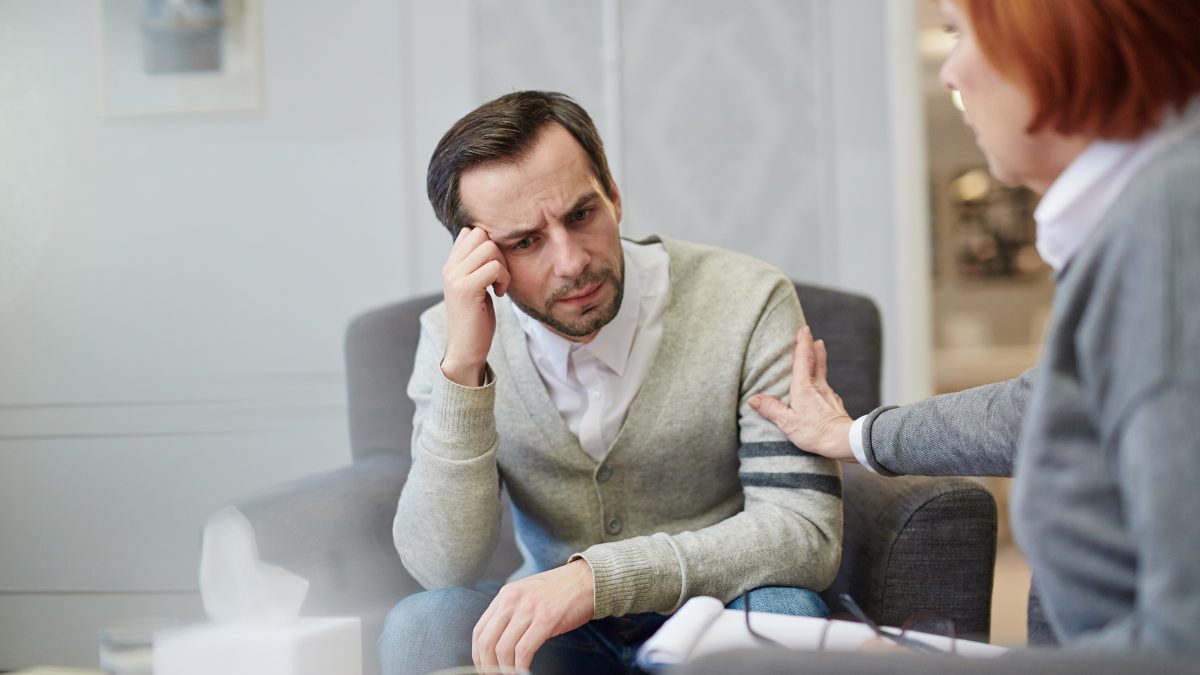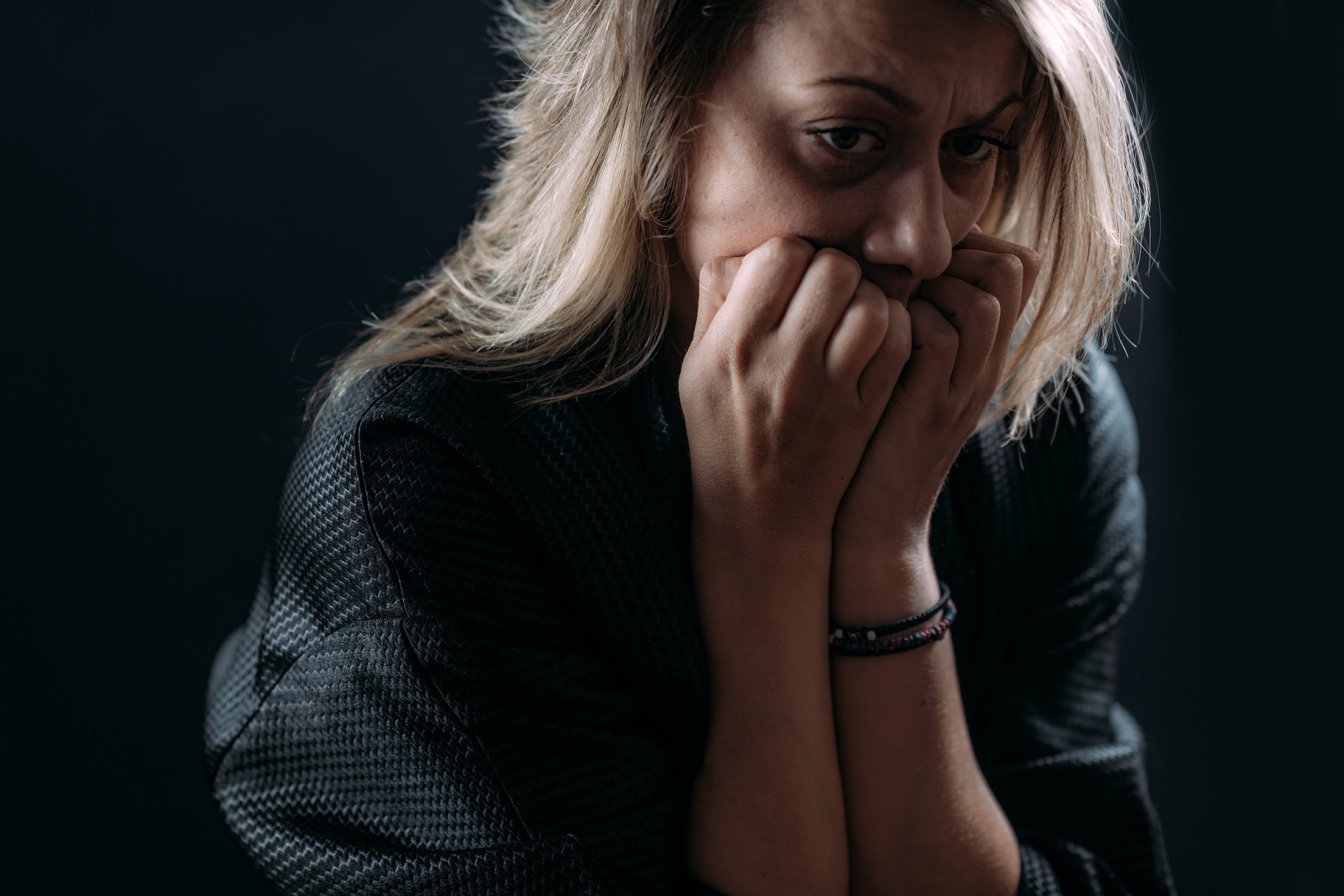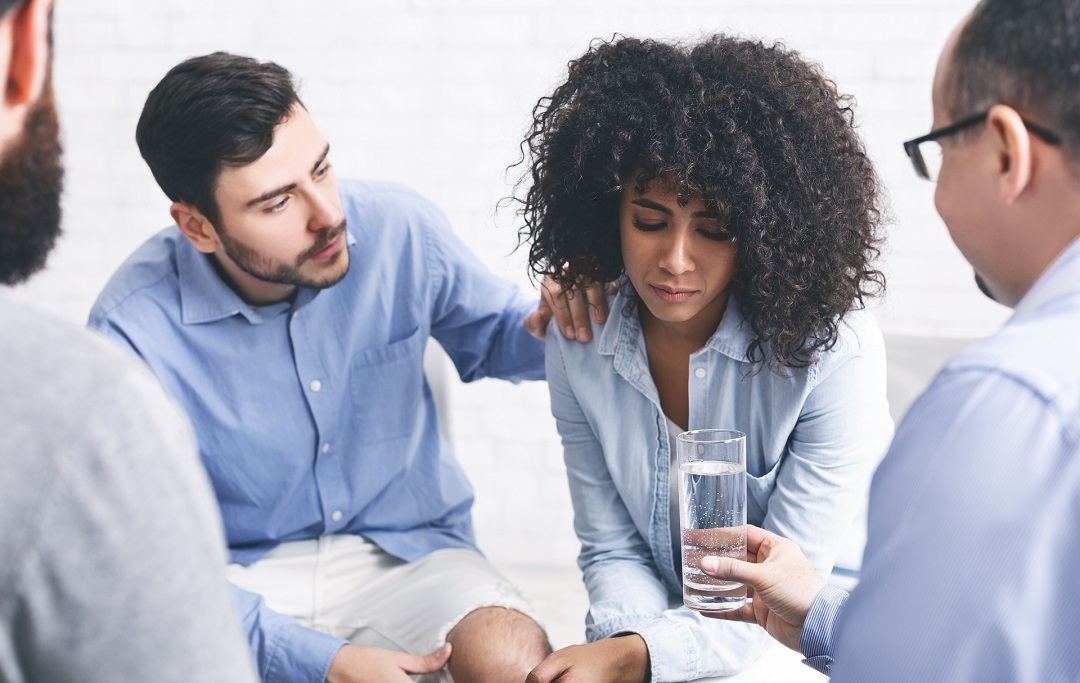Rather than allowing your anxiety to run your life, anxiety treatment programs teach you strategies for controlling it. Humans experience anxiety from time to time. Anxiety is only diagnosed as a disease if it creates considerable suffering and prevents a person from completing at least one aspect of their life, such as education, employment, relationships, duties, or fun hobbies. Anxiety problems have plagued humans throughout history, and they rarely fade away independently. Many people become depressed due to the impact that anxiety has placed on their lives when it remains unaddressed.
Before choosing an anxiety treatment plan, it is essential to determine the type of anxiety you’re dealing with before choosing an anxiety treatment plan. If there are no additional obstacles or worries, anxiety can be treated by a mental health professional in a short-term fashion.
As for moderate symptoms, your doctor might advise you to increase your physical activity and lower your anxiety levels. E-therapy online is an affordable, private, and accessible option for anyone with an internet connection. Anxiety symptoms ranging from mild to severe may require psychological or medical intervention. This essay provides you with a step-by-step guide toward diagnosing anxiety, preventing it, and implementing anxiety treatment plans.
Contact us for a free 15-minute consultation about our energy healing services in Beverly Hills
Contents
- 1 How To Diagnose Anxiety Disorder
- 2 How to Take Steps to Prevent Anxiety
- 3 How to Get Benefits of Anxiety Treatment Plans
- 3.1 Psychotherapy
- 3.2 Medications
- 3.3 Controlling Techniques
- 3.3.1 Find Out More About Your Illness
- 3.3.2 Be Sure To Follow Your Treatment Plan Diligently:
- 3.3.3 Having A Healthy Diet:
- 3.3.4 Constantly Getting Exercise:
- 3.3.5 Writing A Diary:
- 3.3.6 Improve Your Sleeping Habits:
- 3.3.7 De-Stress by Relaxing:
- 3.3.8 Breathe Slowly:
- 3.3.9 Gradual Relaxation of Muscles:
- 3.3.10 Keep Your Focus on the Current Time:
- 3.3.11 Take the Example of A Tiny Act of Courage:
- 3.3.12 Make An Effort to Change How You Talk to Yourself:
- 3.3.13 Make A Stressed Schedule:
- 3.3.14 Control Negative Feelings:
- 3.3.15 Gather A Group of Pals Around:
- 3.3.16 Be Warm Hearted with Yourself:
- 3.3.17 Request Assistance:
- 4 Relaxation Methods
How To Diagnose Anxiety Disorder
The doctor will check your health history and ask you questions if you experience symptoms. They may perform testing to eliminate the possibility that there is another health issue affecting your symptoms. There is no specific confirmatory testing for anxiety.
Suppose your doctor cannot find a physical cause for your symptoms. In that case, a psychiatrist can advise you and conduct tests to determine whether you have an anxiety issue if your doctor cannot find a physical cause for your symptoms.
When diagnosing you, your doctors will consider how long you have experienced symptoms and how severe they are. If your anxiety affects your ability to enjoy or perform everyday chores at home, work, or school, it’s imperative to bring this up with your doctors.
In most cases, anxiety disorders are caused by unknown factors, making it hard to predict who will develop one or prevent it. However, there is a lot of study being conducted in this area, and there are things you can do to avoid anxiety and lessen its effects.
How to Take Steps to Prevent Anxiety
In most cases, anxiety disorders are caused by unknown factors, making it hard to predict who will develop one or prevent it. However, there is a lot of study being conducted in this area, and there are things you can do to avoid anxiety and lessen its recurrence attacks.
Early Diagnosis and Treatment
Researchers have discovered that early treatment for children who show signs of anxiety can reduce issues over time. According to research conducted in the Journal of Clinical Psychology, preschool children whose parents engaged early showed promising outcomes. In this study, the children selected for the survey displayed anxiety or dread and distant behaviors, all of which were associated with anxiety in the future. The parents in this study took part in an anxiety awareness program. There was a substantial increase in anxiety diagnoses among children whose parents took part in the education program.
These findings highlight the necessity to prevent potential issues, both in children and adults. Many people delay seeking therapy for anxiety because of being humiliated. Mental health problems may make them feel like they’ve failed. They may also be concerned that others may believe less of them. It’s critical to realize that anxiety disorder is a medical condition. You can maintain your symptoms at bay and avoid subsequent problems with therapy and lifestyle modifications.
Can Generalized Anxiety Disorder Be Treated? Here Is An Ultimate Best Guide
Efforts to Reduce Stress
Exercise is an excellent stress reliever. You can put it into your daily lifestyle in many ways. Lessening stress in your life is essential if you suffer from anxiety.
Keeping Harmful Chemicals at Bay
Although nicotine, narcotics, and alcohol are commonly referred to as relaxation methods, they are harmful to the body and make it more challenging to cope with stress and anxiety. Caffeine can also exacerbate anxiety. Addiction to these narcotics can increase anxiety and tension, and withdrawal symptoms. If you’re dependent and require help quitting, see a doctor or join a support group.
Generally, the same factors that maintain your health also alleviate stress and anxiety and prevent subsequent symptoms.
Anxiety Affects Many People Today
Based on the National Institute of Mental Health, anxiety disorders are the most prevalent mental disorders in the United States. They estimate that one-third of people will suffer from an anxiety disorder at some point in their lives. The organization informs individuals that successful medicines and new ones are being developed through research. Anyone who suspects they may suffer from an anxiety disorder should seek immediate treatment and information.
A variety of physical and psychological problems are associated with anxiety disorders, and these problems negatively impact your overall health. With the right anxiety treatment plan, regular exercise, a nutritious diet, and stress management techniques, you can regain your health. Anxiety and Depression Association of America points to the results that their problems and quality of life increase when people receive the right anxiety treatment plan.
How to Get Benefits of Anxiety Treatment Plans
With the right anxiety treatment plan, anxiety disorders can be effectively treated. Different treatments will be used based on how severe the anxiety illness is.
The following are some examples of anxiety treatment plans:
Psychotherapy
CBT stands for cognitive-behavioral therapy and is a type of talk therapy commonly used to treat anxiety disorders. CBT teaches people with anxiety how to handle their anxious thoughts and emotions in a new way. Psychotherapy can also be used to treat phobias, which involves exposing a person to their phobia intentionally and progressively over time.
Conditions That Look Like Anxiety
Medications
Anxiety conditions can be treated using antidepressants and anti-anxiety medications, for example. These medications are profitable for those with more severe symptoms.
Patients with panic disorder may be prescribed beta-blockers by their doctor to ease anxiety’s physical symptoms, such as trembling and racing heart.
Controlling Techniques
You may try a variety of methods to reduce your anxiety. What works for someone else might not have the best effect on you, and finding the ways that succeed for you may take some time. However, therapy may be the answer if your anxiety is becoming overwhelming.
These suggestions may enable you to handle or alleviate your symptoms:
Find Out More About Your Illness
Increasing your knowledge will allow you to better deal with symptoms and roadblocks. Don’t be scared to express them to your doctor if you have any queries. Keep in mind that you are an integral participant in your treatment team.
Be Sure To Follow Your Treatment Plan Diligently:
If you abruptly stop taking your medications, unpleasant adverse consequences may occur, including relapse of anxiety symptoms.
Having A Healthy Diet:
It is imperative to consume a healthful diet. Don’t worry about your meal choices; instead, aim to eat fresh, nutritious foods. Consume fruits, vegetables, and whole grains whenever possible. Keep in mind that whatever you serve your body, you’re also feeding your brain. Eliminate oily, sweet, and high-fat processed foods.
Constantly Getting Exercise:
Attending an exercise class, going to the gym, or doing yoga. Consider changing your habit of taking a trip in addition to exercising. Find time for a favorite hobby if you have one. Take action to feel healthier and more peaceful.
Writing A Diary:
As the only person truly understands you, writing about your feelings is an excellent way to track your emotions, worries, and stress. Many people find that recognizing and jotting down their issues makes them feel less stressed and more able to handle them. You and your partner might benefit from keeping a journal if you’re working with a mental health professional.
Read more Self strategies for GAD
Improve Your Sleeping Habits:
Anxiety conditions and sleep issues frequently coexist. Consider receiving a decent night’s sleep a goal. Establish a soothing nighttime ritual. If you’re still having difficulties sleeping, see your doctor.
De-Stress by Relaxing:
A core component of any anxiety disorder treatment is self-awareness. Things like relaxation or self-awareness can help you de-stress after a long day and make your treatment more effective.
Breathe Slowly:
The more nervous you are, the faster and shorter your breathing becomes. An excellent way to begin to calm yourself is to slow your breathing. As you inhale slowly, count to three, and as you exhale slowly.
Gradual Relaxation of Muscles:
Look for a peaceful spot. You can relieve physical tension associated with anxiety by gently tightening and releasing each of your muscles as you close your eyes. Maintain the pressure for three seconds before quickly removing it.
Keep Your Focus on the Current Time:
Anxiety might cause your mind to dwell on a dreadful destiny that has not yet occurred. Attempt to return to your original location. Yoga can be beneficial.
Take the Example of A Tiny Act of Courage:
Even if it is in a minor manner, try to confront something that makes you nervous. Ignoring what makes you uncomfortable may initially bring temporary comfort, but it may leave you more anxious over time. The key to overcoming anxiety is to understand that what you fear is unlikely to occur – and that if it does, you will be able to handle it.
Make An Effort to Change How You Talk to Yourself:
The way you think has an impact on how you feel. Anxiety might cause you to exaggerate the risk of a circumstance while underestimating your capability to deal with it. Rather than leaping to the worst case if it makes you uneasy, seek to conceive of various possibilities. Examine the evidence pro and cons of your hypothesis.
Make A Stressed Schedule:
The most effective way to quit worrying altogether is to plan time for it. If you spend only ten minutes each night thinking about them or writing them down, you’ll prevent yourself from getting worried during other periods.
Control Negative Feelings:
Anxiety can be reduced by contemplating pleasant ideas rather than worrying ones. Nevertheless, if you suffer from some types of anxiety, this can be difficult. You can learn to refocus your thinking using cognitive behavioral therapy.
Gather A Group of Pals Around:
A private network of friends, whether face-to-face, on the phone, or the internet, helps people grow and remain healthy. Social anxiety is reduced among people who have a close group of friends who support and encourage them.
Be Warm Hearted with Yourself:
Keep in mind that your anxiety is not you. Not only are you a timid person, but you also are not a second-class citizen. You have a mental illness called anxiety.
Request Assistance:
People have found talking to others with similar symptoms and feelings enlightening and encouraging. Support groups allow you to discuss your worries and successes with people who have been in your shoes.
Several over-the-counter medications and herbal cures contain substances that exacerbate anxiety symptoms and should be avoided. Consult your doctor before taking any over-the-counter medicines.
Relaxation Methods
Anxiety can be reduced by engaging in actions that relax the nervous system, such as:
- spending time in the woods
- Activities such as yoga concentration that an individual enjoys
- Modifications in your way of life
Other anxiety treatment methods, such as energy healing techniques like reiki, may be beneficial in anxiety control and decrease. Reiki is a practice that combines psychotherapy with anchoring procedures. The Reiki approach assists people in visualizing whatever they want to get rid of as a form with color, shape, and emotion.
As a self-care technique, reiki promotes patients to be self-reliant and self-aware. Reiki helps people become more aware of their physiological and energetic requirements while getting treatment and therapy. A detailed explanation of the role of reiki in reducing anxiety will follow in the next post.
Get familiar with Different types of therapies here, book a session
References:
Ford, V. (2019, September 01). 6 Option For Anxiety Treatment Without Medication. Success TMS
https://successtms.com/blog/anxiety-treatment-without-medication
Rubenstein, D. (2019, November 04). 6 Tips to Control Anxiety without Medication. Drug Rehab.
https://www.rehabs.com/pro-talk/how-to-control-anxiety-without-medication/
Bhargava, H. (2020, June 25). Anxiety Disorders: Types, Causes, Symptoms. WebMD
https://www.webmd.com/anxiety-panic/guide/anxiety-disorders
Coelho, S. Medically Reviewed by Legg, T. (2020, June 11). Anxiety disorders: Types, causes, and symptoms. Medical News Today
https://www.medicalnewstoday.com/articles/types-of-anxiety
Young, K. (N.D). Anxiety: 15 Ways to Feel Better Without Medication. Hey Sigmund.
https://www.heysigmund.com/anxiety-without-medication/
Anxiety management strategies, (N.D). Beyond Blue.
https://www.beyondblue.org.au/the-facts/anxiety/treatments-for-anxiety/anxiety-management-strategies
Reviewed by Legg. T. (2017, 19). Anxiety Prevention. Healthline.





